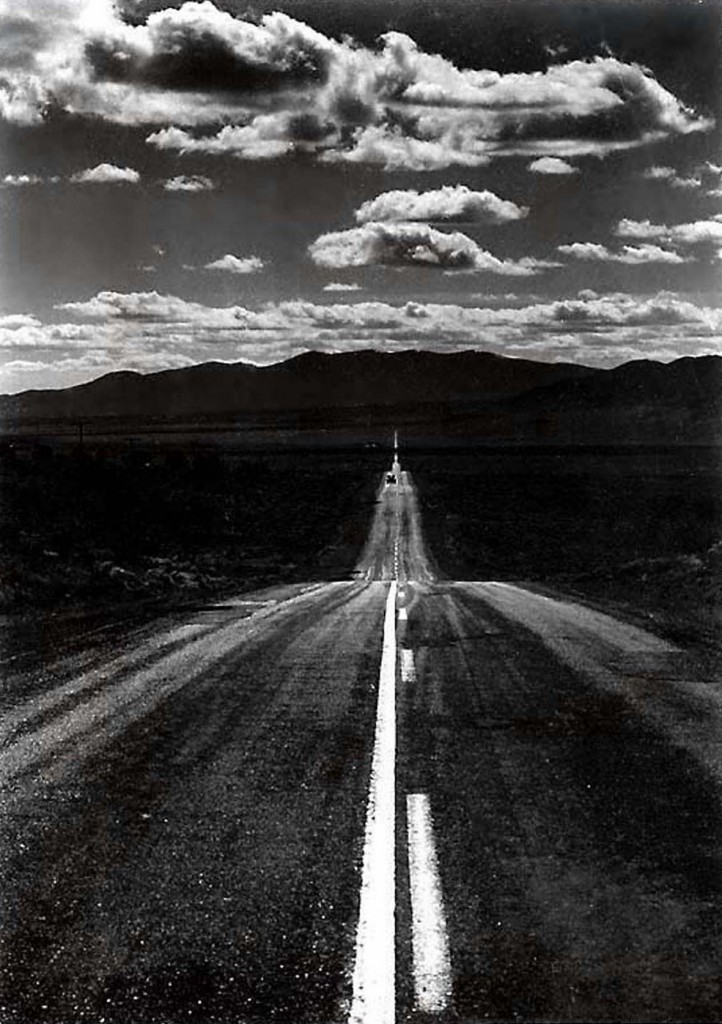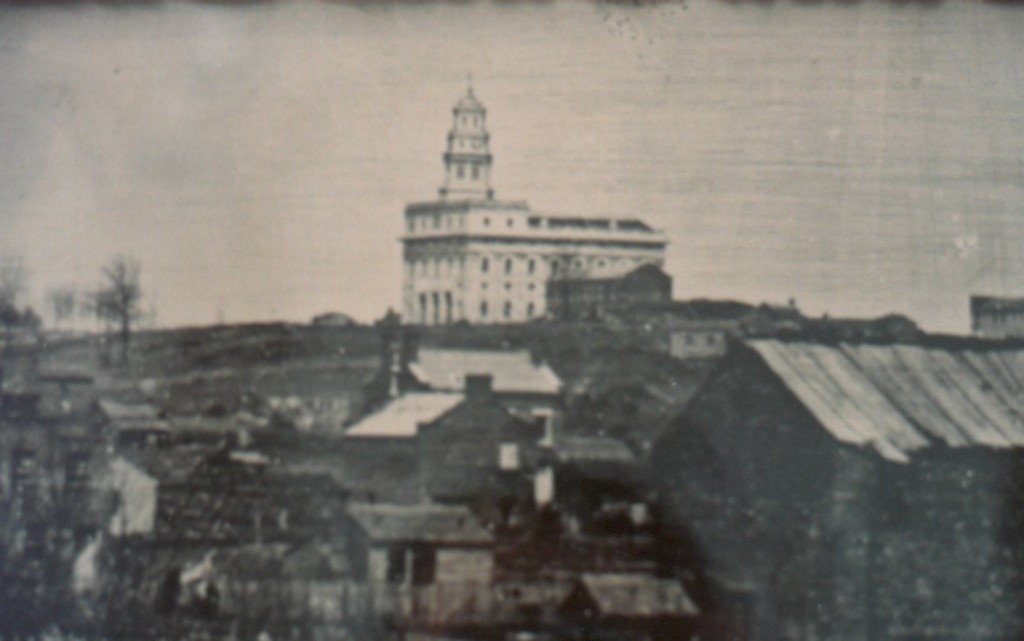 Yesterday on ‘Rogue Cinema’ I wrote about one of my Granddad’s favourite films, the 1955 version of Oklahoma!, and pondered how this representation of the American West appealed to his personal psychology. He was a man with an abundance of energy, who loved amateur dramatics, singing, painting, drawing, and was a joy to be around. His instinct for the joy of creativity was a distillation of a sense that is common to a large proportion of human beings, I think. Granddad understood innately that all life is a performance, and that embracing this inventive, creative aspect is to live generously and freely.
Yesterday on ‘Rogue Cinema’ I wrote about one of my Granddad’s favourite films, the 1955 version of Oklahoma!, and pondered how this representation of the American West appealed to his personal psychology. He was a man with an abundance of energy, who loved amateur dramatics, singing, painting, drawing, and was a joy to be around. His instinct for the joy of creativity was a distillation of a sense that is common to a large proportion of human beings, I think. Granddad understood innately that all life is a performance, and that embracing this inventive, creative aspect is to live generously and freely.
When he was a young father, Granddad was introduced to the LDS missionaries, who my aunt had contacted out of curiosity borne of her teenage fascination with the Osmonds. His initial skepticism gave way after a powerful spiritual experience that convinced him that the Church of Jesus Christ of Latter-day Saints had something unique and good — something that he wanted to be part of with his young family. Having been a proselytising missionary myself for two years, I know something of the nature of the message he had received. The style of presentation may have changed, but the substance of the message is the same — LDS missionaries share an astoundingly bold and grand narrative, or story. That story did the same thing to Granddad as it did to my Dad, and to me even now as I type this: it grabs the world and offers to shake it into a kind of ordered system that is practically unrivalled in contemporary society. That’s powerful — and because of that, I believe, Mormonism can be considered particularly American, and reflect the deepest ideals and dreams of America herself.
‘The West’ was, for most of its history, something of a moving target. It refers to a state of possibility and contrast, rather than a place itself. The vistas and distant hills of the 1955 Oklahoma! were actually filmed in Arizona, and that really didn’t matter, as by the 1955 Arizona was where you had to go to get the same images. This cultural condition that we call ‘the West’ is economically constructed — it refers to a place away from land that has already been made useful and financially productive. Moving ‘west’ is about getting your own turf, and setting up somewhere where you’re going to graft to make money from. The Mormons had to drain a mosquito-infested bogland at Commerce, Illinois to create their ‘Nauvoo’ — and this illustrates perfectly the ‘west-ness’ that the early Saints possessed. It goes further back, too — to the ranch that the Smiths moved to at Palmyra, and had to clear trees to make into farmland. This part of New York state was part of the frontier in 1820: and the frontier spirit is what made the boy Joseph, inspired by a similar attitude in his father, to find a new theology according to his heart.
;
When I examine my own tendencies for the same instinct towards ‘the West’, I find a lot of energy-producing material. I have always been fascinated with exploration, and in going places that are unknown to me. I often get excited by new ideas and projects, and enjoy the breadth of connective experience and knowledge that these different projects give me. Without learning and (‘eternal’ – ?) progression, I feel a barrier to my creative abilities. I began to feel that way about the repeated stories and messages that I heard at church on Sunday, that just didn’t answer the questions I had, and further, seemed to unnecessarily complicate the way I experienced the world.

Recently I’ve been thinking again about the LDS narratives that I’ve formerly thought of as misrepresentative. I used to feel uncomfortable about how the Church would, in my ungenerous term, ‘whitewash’ Joseph Smith’s flawed humanity, or endlessly laud the positive aspects of its past while conveniently not mentioning less glowing episodes. Now these things don’t worry me at all: the way I see it, they are the fitting expression of the Church of the West. In it, you get what was always advertised: and what my Granddad wanted was a church that tells its story passionately and with grandeur. I hope when the General Authorities get up to speak at Conference today and tomorrow, they speak with passion and expansive ambition. I hope they say that they know that God appeared to a young uneducated boy two hundred years ago — and that He speaks to his children today. I hope that the people who attend will feel enlivened and energised by that narrative, as I do now as I think about it. I hope they will be able to also reinvent themselves, as is surely all of our prerogative. This is freedom — you get to tell your story. I wish all our institutions were more bold as they do this.
It’s clear that the LDS Church has the power to change lives. To see the faces of new converts is to be convinced of the power of the story the missionaries tell. But after this first, powerful story, what comes next? Where do you go after you’ve gone as far ‘West’ as you can? Maintaining the grand story over decades depends on more than is within the control of even a large and powerful institution. My Granddad was ultimately disappointed with the ongoing experience of life in the Church, and stopped attending and regained activity several times during his life. I remember asking him about this when I was a young boy, and sensing his disappointment at telling me that he’d not maintained activity in the Church for all those years. Now, I wish I could tell him that I understand that for someone with as big an exploring heart as he, the stories are going to have to remain inspiring. Ultimately I’ve found the same thing — I arrived at a point where I’ve had to pack up my wagon and walk towards another horizon. For my Granddad and all those who seek the same power and energy in their lives, we follow the same trail. My hope is that the Church will find room in its teachings to accept this movement: to see that it’s not just prophets who have to move West.
;
With the exception of the image of the Nauvoo temple, the art in this post was by Ansel Adams, one of the greatest photographers of the American West.

Powerful post! I loved this, especially:
Care if I use this post on our message discussion board provided that I link back to this website?